May 22, 2025 | 16:59 GMT +7
May 22, 2025 | 16:59 GMT +7
Hotline: 0913.378.918
May 22, 2025 | 16:59 GMT +7
Hotline: 0913.378.918

Mr. Nguyen Quang Hieu, Deputy Director of the Plant Protection Department. Photo: Bao Thang.
In June 2024, the Ministry of Agriculture and Rural Development (MARD) and the General Administration of Customs of China met in Hanoi to promote the signing of a protocol on plant quarantine requirements for Vietnam's fresh coconut and frozen durian. These are products with great demand in the billion-person market.
In the group of products that the Plant Protection Department opens to the market, fresh coconut and frozen durian always take priority positions. Preliminary statistics in 2024 show that, without a protocol, coconut exports bring about USD 1 billion, while durian is forecast to bring USD 3.5 billion. If there is an additional protocol, the fruit and vegetable industry can add USD 500 million/year.
Mr. Nguyen Quang Hieu, Deputy Director of the Plant Protection Department, assessed that the export of durian (both fresh and frozen) or soon fresh coconut will account for a very large proportion because it is forecast that for the whole year 2024, the fruit and vegetable industry's export will reach about USD 7 billion.
"Official export of frozen durian to the Chinese market not only helps Vietnam diversify its products but also creates motivation for businesses and people to develop processing and preservation technology," said Mr. Hieu.
According to the leader of the Plant Protection Department, with an output of hundreds of thousands of tons per year plus people continuously expanding the growing area, frozen durian will help "untie the knot" about the market. Specifically, products with good quality and beautiful designs (often called Type 1 products) are exported in fresh form; the rest will be processed for freezing, helping to extend the season and bring the "billion dollar" fruit to rise high and fly far to countries far away from Vietnam.
The Plant Protection Department is now closely coordinating with the Chinese side and expects the two sides to complete the protocol on frozen durian export in 2024.
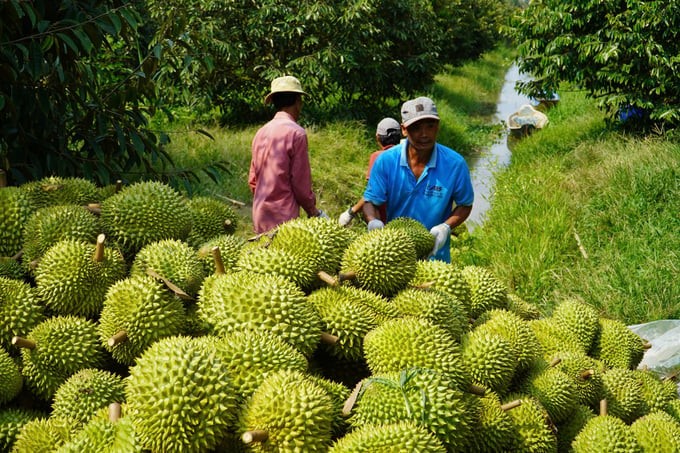
Currently, Vietnam is only allowed to export fresh durian fruit to the Chinese market. Photo: Bao Thang.
Durian exports have grown strongly since the end of 2022, when Vietnam signed a protocol with China. Entering 2023, thanks to this fruit's export turnover of USD 2.3 billion, the fruit and vegetable industry exceeded the threshold of USD 5 billion for the first time. Entering 2024, durian has not cooled down, leading to bright prospects for fruits and vegetables in particular and the entire agricultural sector in general.
It is not an exaggeration to say that the recent fruit export boom has had a significant contribution from durian. However, to maintain and export sustainably, Deputy Director Nguyen Quang Hieu said that it is necessary to improve quality instead of expanding area, promote linkages to avoid fragmented production, and increase training and raise awareness for direct production objects.
"In recent times, the Plant Protection Department has promoted decentralization to localities, including growing area codes and packaging facility codes. We consider localities as extended arms, understanding and grasping clearly each industry, as well as promoting the full room of products with high economic value," emphasized Mr. Hieu.
According to statistics from the Department of Quality, Processing, and Market Development, in the first half of 2024, China, Thailand, South Korea, the US, and Japan will continue to be the leading markets for Vietnamese fruit and vegetable exports. The increase in these markets ranges from 20 to 60% over the same period in 2023.
Among these, China continues to lead in both total value and growth rate. Currently, Vietnam officially exports more than 10 types of fruits to the Chinese market, including: watermelon, mangosteen, durian, fresh banana, sweet potato, dragon fruit, rambutan, mango, lychee, longan, and jackfruit.
Not only in China, Vietnamese fruits and vegetables also gained significant momentum in South Korea and Japan. South Korea alone imported more than USD 180 million of fruits and vegetables in the first 6 months of the year, up nearly 60% over the same period. The US market also reached over USD 150 million, an increase of more than 30%.
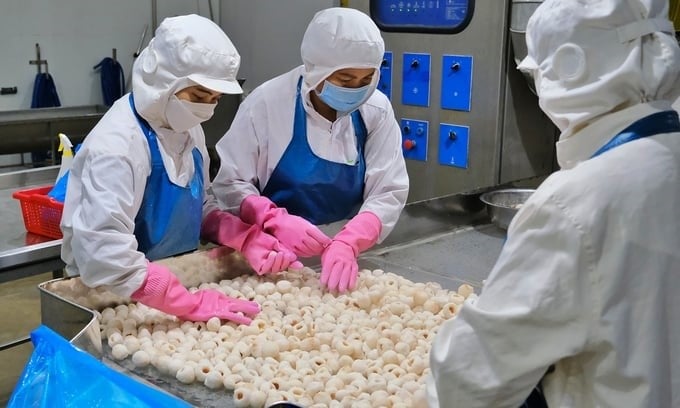
Processing lychees for export to the Japanese market. Photo: Bao Thang.
Despite positive signals from neighboring countries, Mr. Ngo Xuan Nam, Deputy Director of the Vietnam SPS Office, acknowledged that Vietnamese fruits and vegetables need to continue to conquer the EU market.
Explaining this, the leader of the Vietnam SPS Office said that the EU is always the market that sets the most standards, especially the issue of pesticide residues (MRL) on products. Besides, there are standards and regulations on heavy metal residues, microbiological criteria, and regulations on plant health and plant quarantine, infectious substances, packaging specifications, labels, and QR codes for traceability.
"There is a detail to note when exporting agricultural products and food to the EU, which is that the buyer's standard requirements are often higher than the EU's legal regulations," Mr. Nam emphasized, adding that MRL is usually 30–100% higher. Therefore, to sell products in the EU, businesses need to clearly determine which country the product will be sold in, who the buyer is, and what additional requirements are for implementation.
European buyers often have specific requirements, depending on their sales channels and product segments. Common requests from buyers include HACCP certification and GlobalGAP certification, as well as certifications that ensure products have complied with social and environmental requirements.
"Europeans not only use their senses when enjoying fruit but also want to know whether mangoes grown in Vietnam are cultivated sustainably and whether child labor is used in the farming chain or not." If proven, Vietnamese agricultural products will affirm their position," said Deputy Director Ngo Xuan Nam.
Through the process of negotiating the SPS contents and regulations in the EVFTA Agreement, the Vietnam SPS Office realized that, in addition to GlobalGAP, a number of other food safety management systems may also be required by EU countries. For example, almost all consumers in Northwest Europe (including the UK) will require importers to comply with the BRC Global Standard, a widely applied standard for food hygiene and safety. Meanwhile, in Germany, the most popular food standard is IFS.
EU law sets specific and universal marketing standards for all fruit and vegetable types, including minimum quantities and minimum ripeness in shipments. The EU even clearly regulates marketing standards for products such as apple, citrus fruits, kiwi, lettuce, peach, orange, pear, strawberry, sweet pepper, grape, and tomato. These products must have a certificate of conformity accompanying each shipment.
Recently, Vietnam successfully opened the South Korean market for grapefruit products. This is our country's third fresh fruit type allowed to be imported into the land of kimchi, after dragon fruit and mango. Previously, in August 2023, the US's Animal and Plant Health Inspection Service (APHIS) also announced that the country agreed to open the market for Vietnamese husked coconut (coconut with the shell and fiber layer removed).
Translated by Thu Huyen
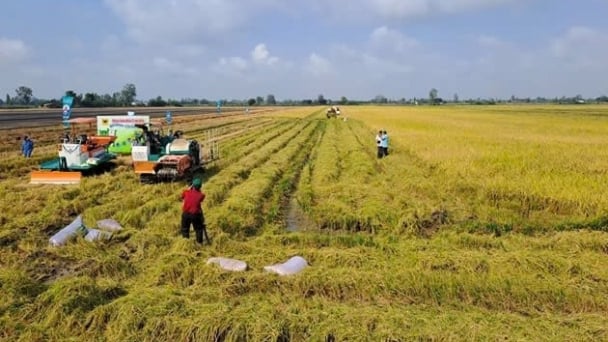
(VAN) To operate carbon market, one of the key issues is determining which types of 'commodities' meet the standards to be traded on the market.
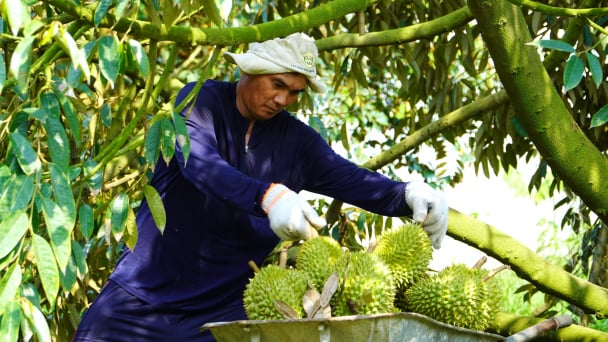
(VAN) Durian-producing localities need to coordinate more effectively with central authorities to improve the traceability, monitoring, and response systems in case of violations.
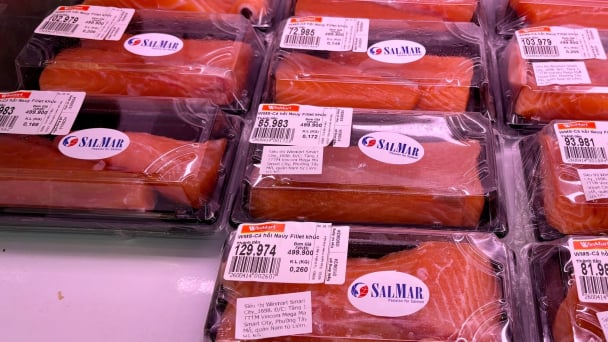
By minimizing waste, embracing modern technology, and expanding into niche markets, SalMar - the second largest producer of Atlantic salmon in the world has built a successful strategy to conquer the global market.
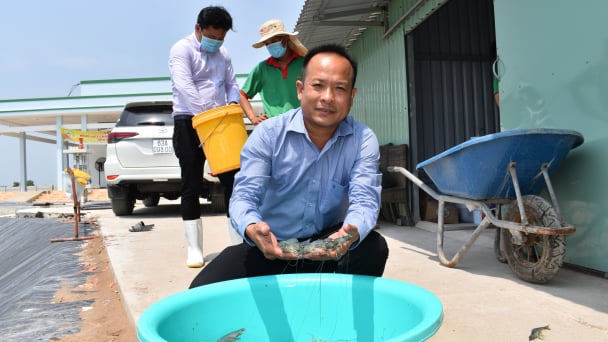
(VAN) One of the key factors for businesses to effectively take advantage of tariff preferences under these FTAs is the rules of origin.
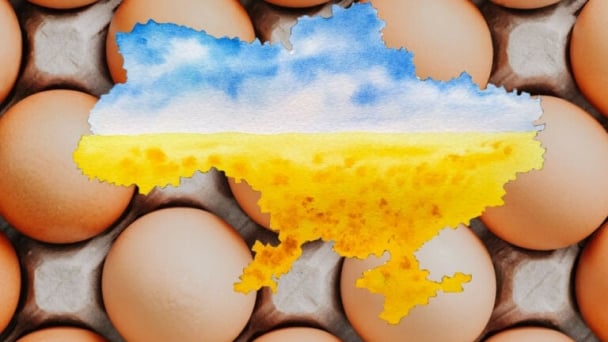
(VAN) Oliyar, a prominent Ukrainian oil and fat manufacturer, has revealed plans to build a farm for 2.3 million laying hens in the Lviv region. The additional production quantities promise to change the competitive landscape of the egg market of the Eastern Europe region.

(VAN) On May 15, Ministry of Agriculture and Environment of Vietnam hosted the 'Connecting Vietnam - Germany agricultural, forestry and fishery trade' seminar in Berlin, Germany.

(VAN) In the face of counterfeit and imitation products, Khanh Hoa Salanganes Nest Company hopes for the prompt completion of the legal framework, strict enforcement against violations, and protection of the bird’s nest brand.